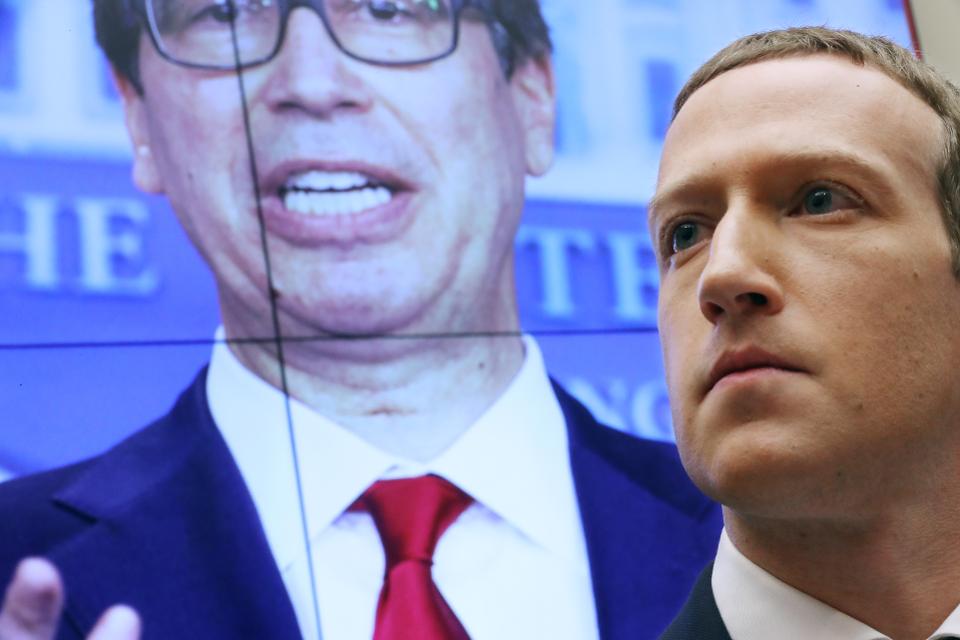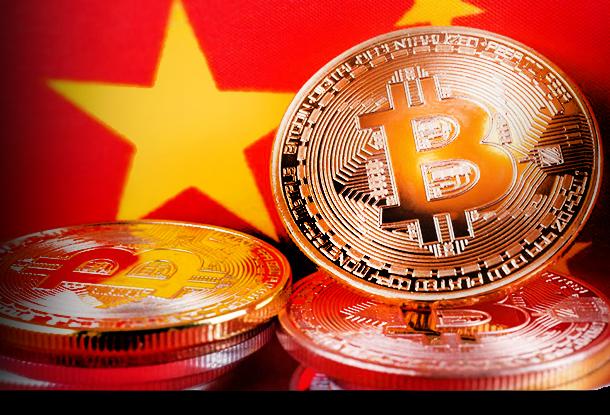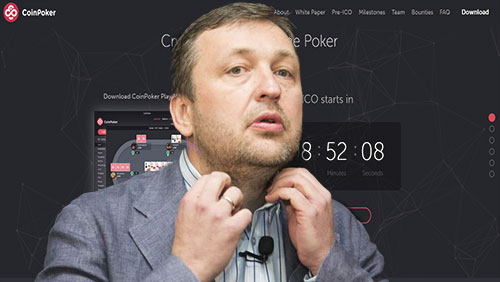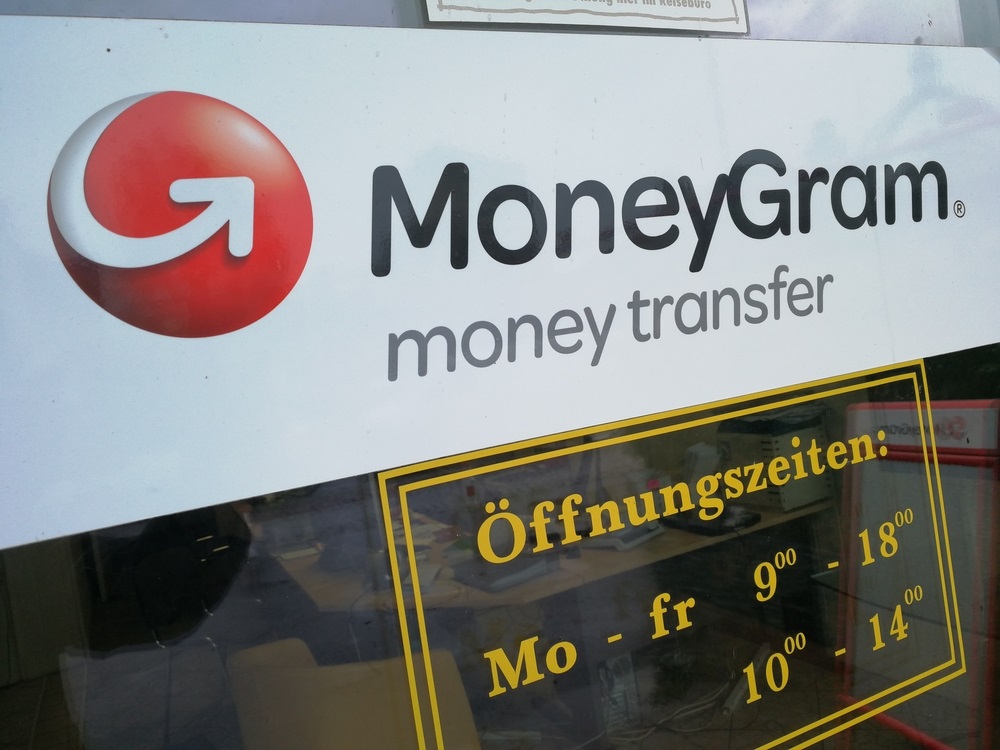My recent essay encouraging investors to rotate from the shares of FAANG to the coins of BEEStMoD turned out to be one of the most widely read and controversial things I’ve ever written. The reaction, which ranged from bemused to angry, confirmed my impression that most people simply can’t imagine a world where corporations don’t dominate their digital lives. To see why it’s possible, consider the following — even more unlikely — scenario:
Imagine a world where a handful of people invented a technology that created trillions of dollars in economic value, but that the inventors didn’t make a penny off of it. Instead, the people who used this technology to make a far less important economic contribution made a killing. It would be as if Edison and his lab made nothing from the lightbulb, but a random seller of quirky lampshades became a millionaire.
This shouldn’t be hard to imagine, because that’s the world we live in today. Tim Berners-Lee, the man who gifted us the World Wide Web, made less money off of his creation than Rebecca Black, the teenager who gifted us that famously awful YouTube video. Your average Instagram influencer probably makes more money off the internet than all of its founding fathers, combined.
To be fair, my lampshade analogy isn’t fully accurate, because Black didn’t make as much on her video as YouTube did. A better analogy would be if Edison made nothing, the lampshade designer made a little, and the shipping company that delivered the lampshades became a Fortune 100 company.
Our digital economy today is such that those who invented its underlying infrastructure, and those who create the content that makes that infrastructure appealing, capture less economic reward than the middlemen. Without TCP/IP and HTTP there’d be no search engines, and without interesting websites there’d be no reason to use search. Google is arguably the least important component of this triangle, yet it makes almost all of the money.
So before you tell me that it’s hard to imagine a future where highly profitable intermediaries like Google and Facebook don’t exist, consider that it might be even more implausible that they do.
None of this is anyone’s fault, per se. The protocols that make up the internet wouldn’t have worked if their creators had tried to monetize them. As Berners-Lee himself said: “If I had tried to demand fees … there would be no World Wide Web..There would be lots of small webs.”
And so, TCP/IP, HTTP, SMTP and various other protocols were just given away. The existence of these so called “thin protocols” — as so elegantly coined by Joel Monegro — is what made the rise of the “fat applications” of FAANG possible. At the time, their creation was a blessing, because a bad economic model is always better than no economic model. But today, that model has turned into a problem.
Source/More: The BEEStMoD Manifesto – omid.malekan – Medium














